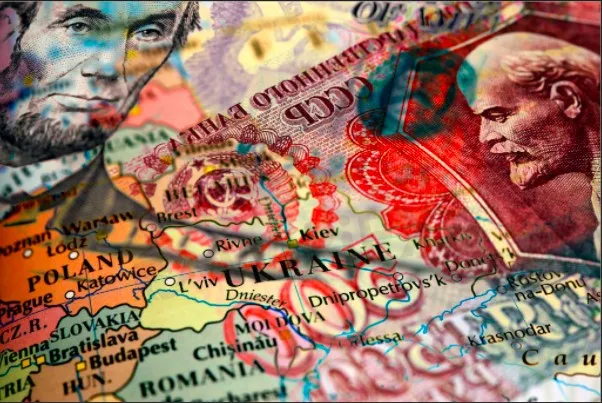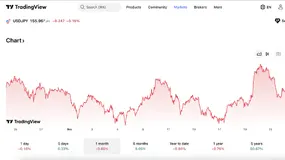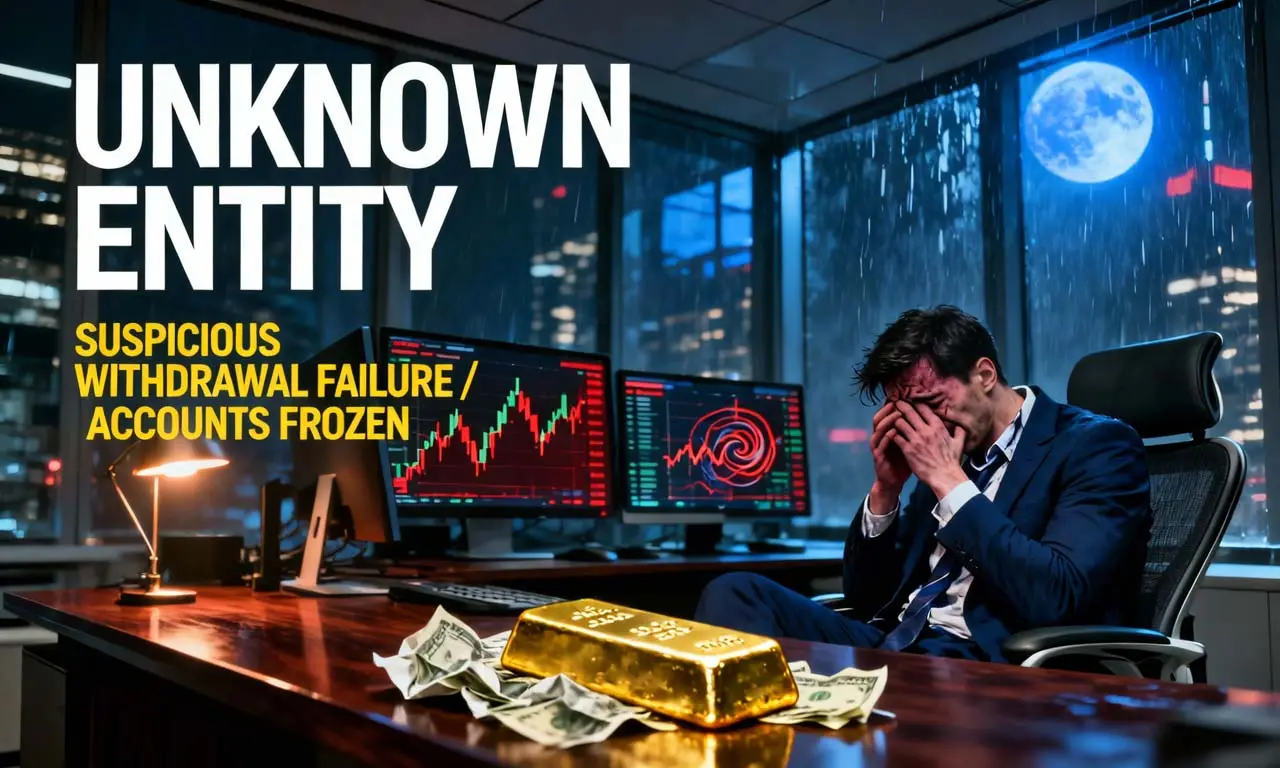The ruble is in a central-bank-induced coma.
While Russias currency can still see sharp swings in a day, it has trimmed its steep losses and begun to stabilize. It is now trading at around 99 rubles to the dollar, about 17% weaker than it was before Russian troops invaded Ukraine on Feb. 24 but stronger than its record low of 151 on March 7, according to FactSet.
Rising currency prices often reflect a general strengthening of a countrys economic outlook. Not so in Russia. Rather, central bank moves to limit ruble selling and force ruble buying have effectively manufactured demand for the currency.
Russia capped the amount of dollars that residents can withdraw from foreign-currency bank accounts and barred banks from selling foreign currencies to customers for the next six months. Russian brokerages also arent allowed to let foreign clients sell securities. These measures have made it more difficult to sell the ruble, thereby limiting its losses.
Banks, concerned about running afoul of Western sanctions, are having to clear every ruble transaction with their legal and compliance departments.
Western sanctions against Russia left carve-outs for exporters of energy upon which Europe is particularly dependent, which kept dollars and euros flowing into the country. Russia ordered those exporters to sell 80% of their foreign-currency revenues and buy rubles, helping the currency appreciate.
“It is fair to say that the ruble is not a market price,” said Robin Brooks, chief economist at the Institute of International Finance. “If there were a free flow in both directions, we would see a far weaker ruble.”
Russian President
Vladimir Putin
recently said he wants European nations to begin buying Russian gas with rubles rather than dollars and euros. That would reverse the current flow of money, making sanctioning nations support Russia‘s currency and ensuring that all funds from energy sales support its value, said Christian Kopf, head of fixed income at asset manager Union Investment. Such a move is unlikely, but it signals Russia’s desire to boost demand for the ruble.
The consequences of harsh economic sanctions against Russia are already being felt across the globe. WSJs Greg Ip joins other experts to explain the significance of what has happened so far and how the conflict might transform the global economy. Photo Illustration: Alexander Hotz
Currencies often move with the ups and downs of a country‘s economy. Investors want to put money into economies they think will thrive, buying stocks and bonds denominated in that country’s tender.
It is harder to take such insights from the ruble. Hundreds of companies have announced a withdrawal from Russia, meaning imports are likely to contract. At the same time, Russia is continuing to sell its oil, meaning exports and money gained from those will more than make up for the money necessary for imports. Oil prices above $100 a barrel are also adding a boost to revenue, even as Moscow‘s inventories trade at a discount. The imbalance could strengthen the ruble, though it doesn’t make Russias economy any stronger.
“There‘s so much stuff you’re not allowed to buy or sell,” said George Pearkes, a macro strategist at Bespoke Investment Group. “The ruble could strengthen a lot from here, and it wouldnt mean anything.”
After the war broke out, the ruble market split to have one value within Russia and another on international markets. In onshore trading, Russias currency was valued at 94 rubles to the dollar on Monday while it traded at 98 in international markets. That gap has narrowed from early March.
Russian banks offered slightly fewer rubles for customers‘ dollars than the Moscow Exchange on Monday. Sberbank PJSC offered about 89 rubles for a dollar while the Russian website of Austria’s
Raiffeisen Bank









